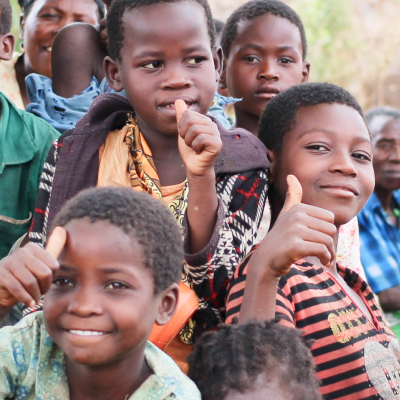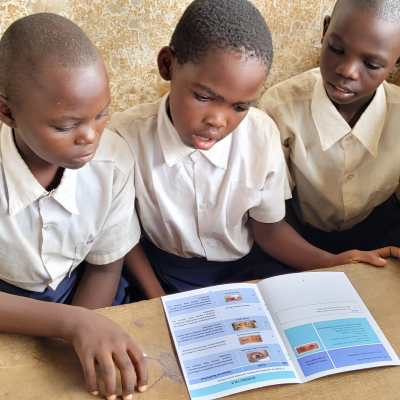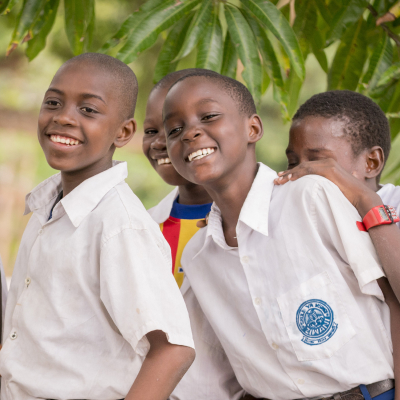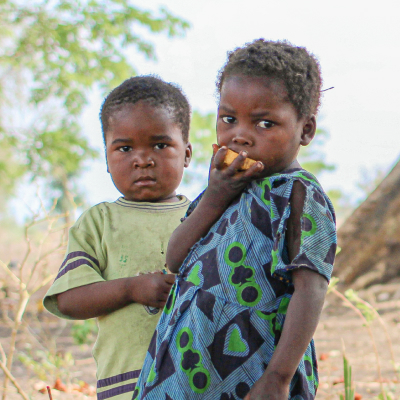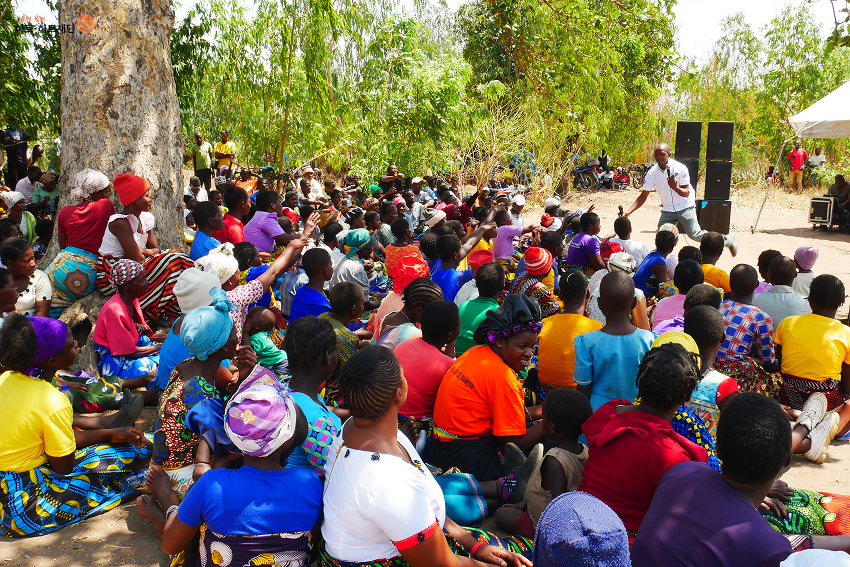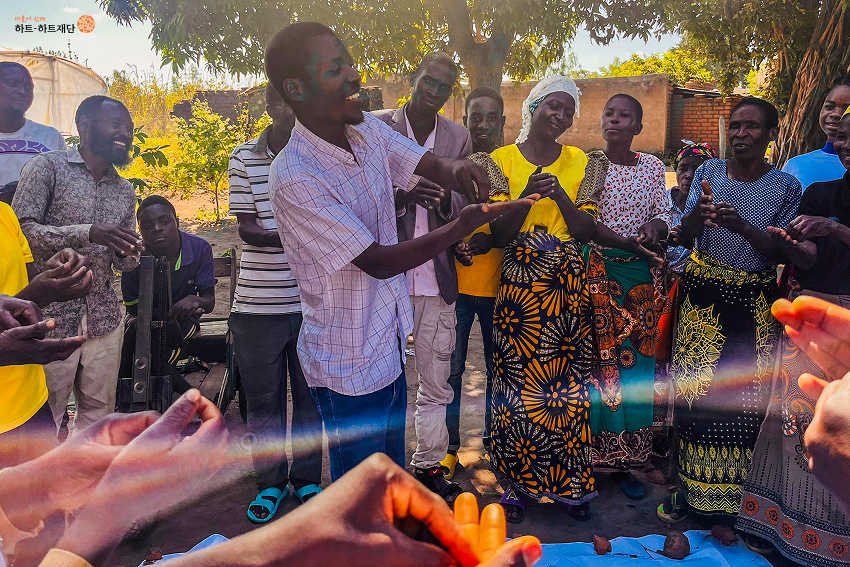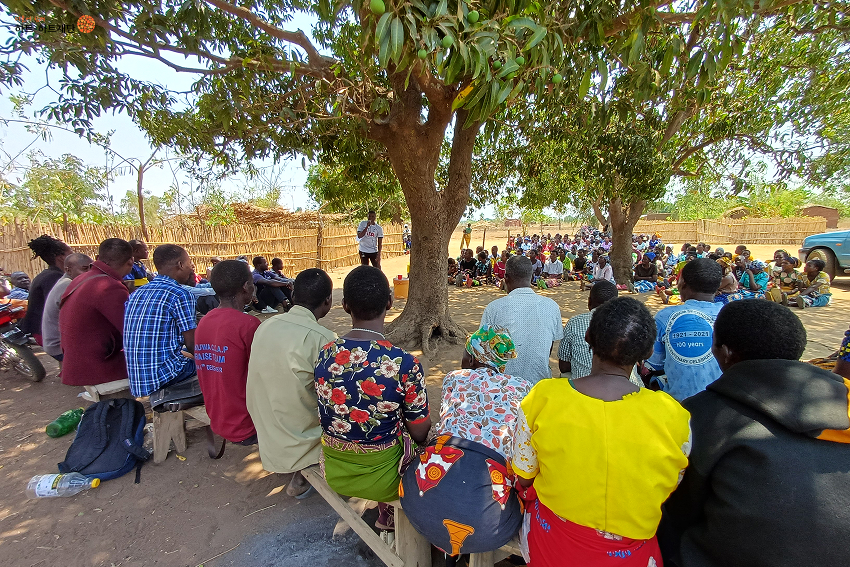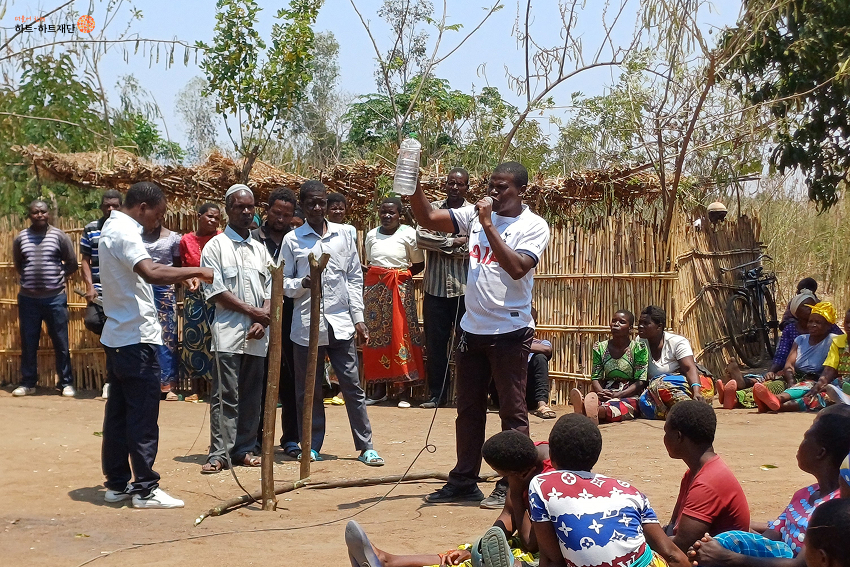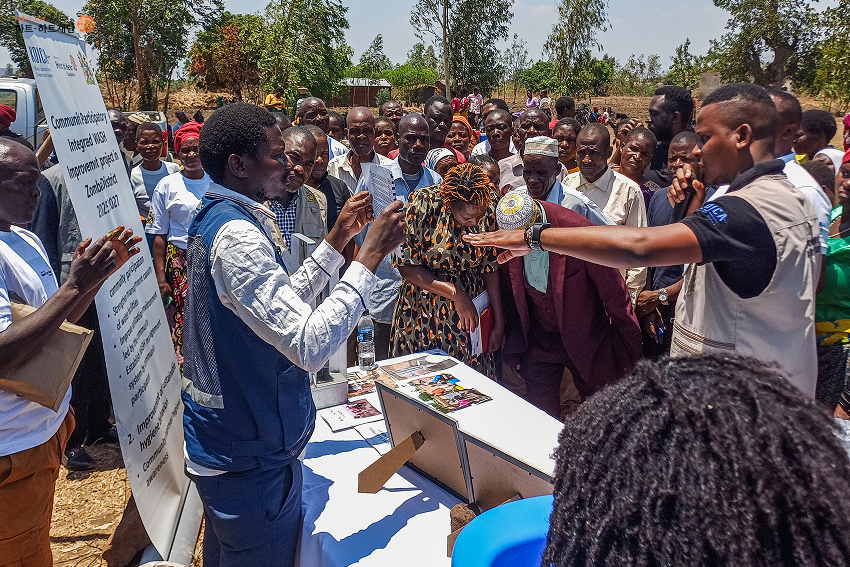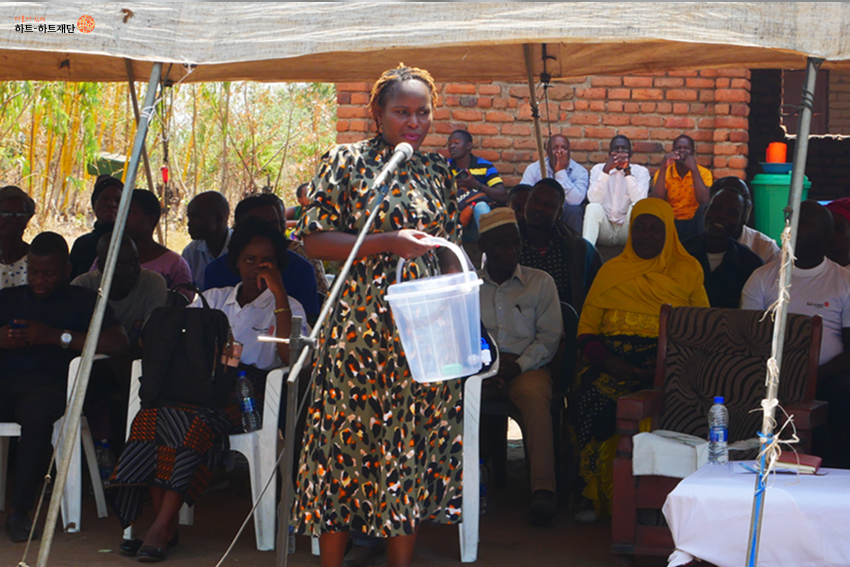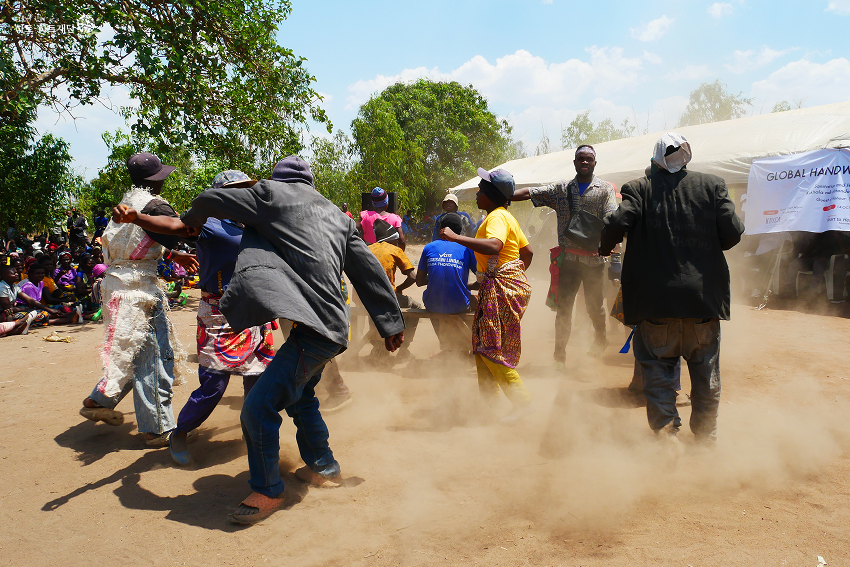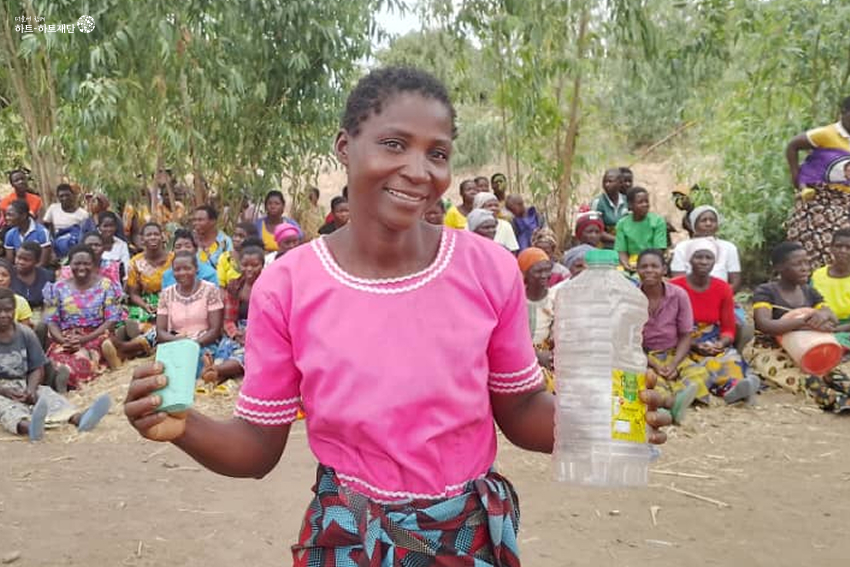Scenes from the community handwashing awareness campaign
With support from the Korea International Cooperation Agency (KOICA),
Heart to Heart Foundation is carrying out the Community participatory Integrated WASH Improvement Project in Malawi (2025–2027).
In celebration of Global Handwashing Day (October 15),
the Foundation conducted a community hygiene awareness campaign to promote the importance of handwashing
and to help establish it as part of residents’ daily habits.
According to the World Health Organization (WHO) and UNICEF, handwashing with clean water and soap is
one of the most effective ways to prevent waterborne diseases—capable of reducing infectious diseases by about 30%.
Educators and residents practicing handwashing together
However, surveys in Zomba District revealed very poor handwashing conditions:
- Handwashing facility coverage: 7%
- Households with soap available: 10%
- Households practicing proper handwashing: 9.8%
To encourage residents to establish handwashing facilities at home and sustain hygienic behaviors,
Heart to Heart Foundation organized a community-led campaign.
Local Health Surveillance Assistants (HSAs) and village leaders took leading roles in the education and facilitation process,
focusing on empowering residents to take initiative in changing their daily hygiene practices.
The importance of handwashing cannot be overstated, yet a single campaign is not enough.
Continuous motivation and participatory spaces are essential to build lasting behavioral change.
Prior to the campaign, 12 HSAs received orientation on key messages and facilitation methods,
using UNICEF’s guide “Triggering Handwashing with Soap in CLTS.”
Scenes from the community handwashing awareness campaign
In the field, practical demonstrations and interactive activities were prioritized over lectures,
allowing participants to experience and practice proper handwashing methods.
Through photo-based explanations, participants learned about disease transmission pathways caused by unclean hands,
followed by live demonstrations of each step of correct handwashing.
They also reviewed the five critical moments for handwashing:
- Before eating
- Before preparing food
- Before breastfeeding
- After using the toilet
- After handling a child’s feces
While residents recognized the importance of handwashing, access to facilities at home remained limited.
Educator demonstrating proper handwashing using a Tippy Tap
To address this, participants learned to build low-cost handwashing stations (Tippy Taps) using plastic containers,
which can be easily installed and maintained.
Additionally, through quiz games, residents received soap and empty containers as prizes,
encouraging them to set up and sustain handwashing facilities at home.
Staff explaining sanitation facilities at an exhibition booth
Exhibition booths were also organized to showcase various sanitation technologies and facilities.
On the final day of the campaign, a commemorative event was held under the theme
“Sanitation and Hygiene, a Way of Life.”
The event served as a reminder of the importance of behavior change and a celebration of community commitment.
Dr. Alinafe Mjoji, Director of Health Services, delivering a speech
Dr. Alinafe Mjoji, Director of Health Services,
attended as a guest of honor and delivered an inspiring message of encouragement.
Community members performing a play about “Handwashing and Life”
In response, community members expressed their commitment through traditional performances and poetry,
reaffirming their pledge to practice handwashing in daily life.
Quiz winners holding soap and containers as prizes
This campaign went beyond simple hygiene education—it marked a significant step in strengthening community capacity to safeguard its own health.
By enabling collaboration between village leaders and health officers to promote resident-led handwashing practices,
the campaign became the first step toward a sustainable culture of hygiene, rather than a one-time event.
Heart to Heart Foundation will continue to strive toward the promise of “Clean Water and Sanitation for All.”
<Heart to Heart Foundation, with funding from the Korea International Cooperation Agency (KOICA),
is implementing the Community participatory Integrated WASH Improvement Project in Zomba District, Malawi.>
